Sitting in a RV for more than 30 minutes becomes extremely tough with poor ventilation. Which is why having a well functioning air conditioning system is just plain necessary. One of the common issues usually seen is RV ACs freezing up. So why does that happen?
There are 6 main causes for your RV AC freezing up:
- Evaporator coils are dirty
- Excess humidity
- Faulty thermostat
- Low freon levels
- Short circuiting of supply and return air
- Dirty condenser coils
Given my research into the common causes shared by people with a frozen RV AC, this list seems to cover 99% cases. If your RV AC doesn’t exhibit any of the above issues and still is frozen up, yours may just be a faulty piece that needs replacement. Basically, you’ll need a professional to take a look.
Keeping the 1% aside, let’s look into the 5 main causes why your RV AC may freeze up:
#1 Dirty Evaporator Coils
If you remove the AC vent inside your RV, the coils you’ll see are called evaporator coils. The evaporator is responsible for cooling the hot air from inside the RV. However, over time, dirt, lint and dust tends to accumulate on the coils which makes them work harder and may even lead to freezing.
The best way to take care of this is to clean the evaporator coils with a brush to remove any dirt and then run the AC fan on high. On doing so, you’ll notice that the ice starts to melt and water will start to drip down from the vent. Be sure to place an empty bowl underneath!
Also- in case you’re not sure how an evaporator coil looks, take a look at this YouTube video demonstration of cleaning the evaporator coils
#2 Excess Humidity
If you’re in an excessively humid area, your RV Air Conditioner is probably freezing up because of that.
As the hot, humid air is sucked into the vents and cooled by the evaporator coils, the moisture condenses and gets frozen, which blocks the functioning of the Air Conditioner.
A really common sense hack that I came across in this YouTube video was to buy and install a dehumidifier inside your RV. Most dehumidifiers are sized appropriately for the average indoor home, such that if you’ve placed one in the living area, it’ll be effective for the entire area.
I liked
this
portable dehumidifier on Amazon. It’s got over 2700 reviews at the time of writing this article, 81% of which are positive. It’s quite affordably priced as well. If you go to the review section, you’ll even find a couple of RV owners talking about how it worked for them.
#3 Faulty Thermostat
The thermostat is the electronic circuit that continuously keeps checking the temperature output of the air conditioner and regulating it. However, if your RV Air Conditioner has a faulty thermostat then things could very well go haywire.
(NOTE: RV52 has a really nice RV Thermostat database)
Now, the Air Conditioner compressor won’t know when to stop. Hence, the cooling will continuously be on, leading to excessively low temperatures, and ultimately a frozen RV Air Conditioner.
If this is the case, you’ll need to remove the thermostat and replace it. Professional help may or may not be required depending on how savvy you are with appliances on board the RV.
#4 Low on Freon
If your AC is low on freon, that is the refrigerant liquid responsible for cooling down the hot air, that may be another reason why your RV air conditioner is freezing up. You’ll have to get someone to add freon to the air conditioner again.
However, in most cases being low on freon means there is a leak, which in turn means that you’ll need to replace the AC unit altogether.
#5 Short circuiting of supply and return air
The supply vent of the air conditioning system supplies cool air while the return vent sucks in hot air. If these two get short circuited somehow, it could be causing the air conditioner to freeze up.
This happens in RV refrigerators as well. If you leave the gasket on the RV fridge door isn’t sealing the door correctly, it provides a inlet for the hot, outside air to flow into the refrigerator and mix with the cold inside air- leading to certain spots inside the fridge that get frozen.
The exact same principle applies here. You should check the partition between inlet and outlet air sections in the ceiling. A short circuit could be easily repaired by some caulk or weatherproof tape, like
this
one on Amazon. Won’t set you back by more than a couple of bucks
#6 Condenser coils are dirty
The condenser unit is mostly placed on the top of the RV, and you’ll have to climb on the roof to access it. It is responsible for throwing off heat from the inside of the RV to the outside environment and cooling the refrigerant vapor down back into a liquid.
Since it is exposed outside, the conditioner coils tend to get dirty which affects the refrigeration process. As we saw earlier with dirty evaporator coils, this may lead to the Air Conditioner freezing up as it has to work harder. This also means increased electricity usage, which already is a very precious resource for RV owners while they’re on the road.
Here’s what you do:
Use an
air conditioner fin comb
or a plain old screwdriver for scraping away any dirt that may have accumulated. You can also use a vaccum alongside to speed up the process. Sometimes, the fins of the condenser coil also get bent a bit here and there over time, so you can use the fin comb or screwdriver to straighten them as well.
#7 This Happens Sometimes Too
Bird nest or animals finding a home in/around the condenser fins can cause a ventilation issue leading to your air conditioner freezing up. It may seem like a silly inclusion on this list, but a quick look by climbing on the roof of your RV may just save you a lot of time!
How does the RV AC Work?
In case you don’t already know, here’s a quick and concise everything-you-need-to-know:
Hot air from inside the RV is sucked into the return vent and passes through the evaporator coil. The evaporator cools the air down and further lets the cold air pass into the supply vent. This cooling occurs by transferring the heat from the air to the refrigerant liquid, which gets converted to vapor form.
The heated refrigerant gas goes to the condenser coil, usually placed at the top of the RV. Here, the refrigerant gas cools down it’s heat is expelled to the outside environment. The liquid refrigerant is then routed back towards the evaporator through tubes, and the cooling cycle continues
Few Parting Tips On How To Maintain RV ACs
#1 Always ensure you clean your return air vent filters. As they suck in the hot air from inside the RV, they also tend to suck in dirt, dust, dog hair… you get the picture. Dirt is the enemy of proper air conditioner functioning, as I’m sure I have repeated enough times in this article- so do clean your return vent filter out every month or so.
#2 Install LED lights. LED lights run cooler than traditional lights and hence you get a small but significant decrease in RV inside temperature.
#3 Keep your RV parked in the shade as much as possible. The difference in temperatures is obviously significant and your air conditioning will work SO much better.
Conclusion
Think I missed anything in this post? I want your opinions in the comment section below! We read all comments at RV52 and would be happy to include your suggestions into the post for future readers.
Until then, stay cool!
48 Search Results for RV Air Conditioner
Search Results
Need Help?
 24/7 Help
24/7 Help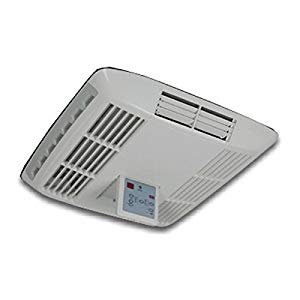
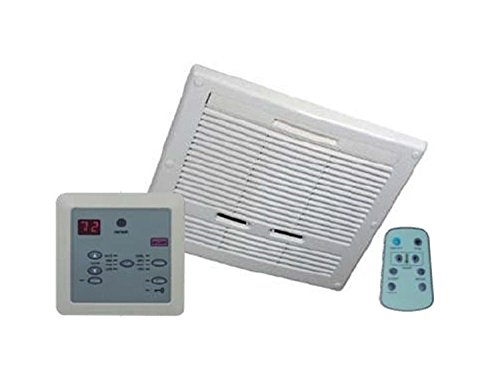
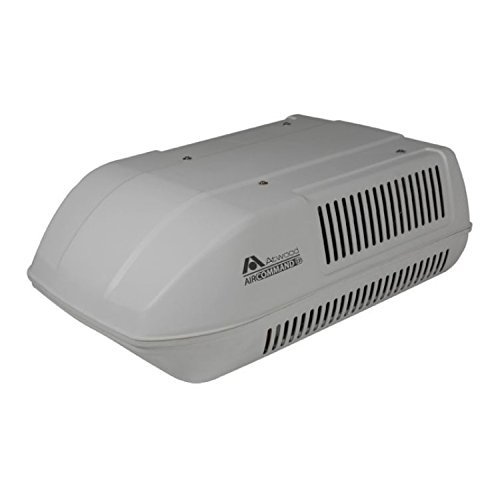
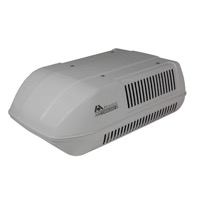
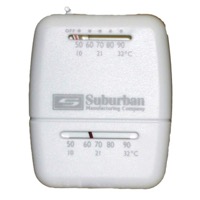
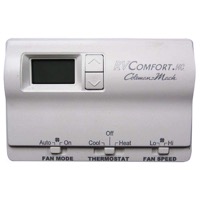
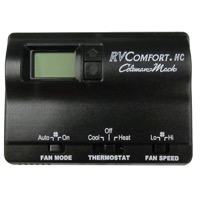
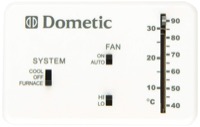
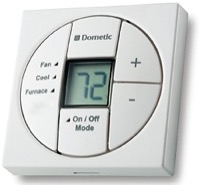
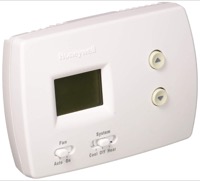
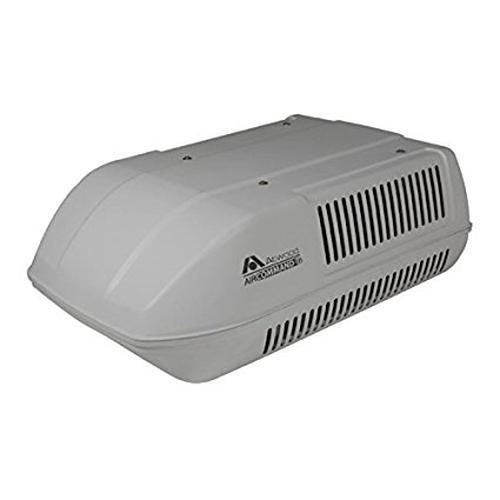
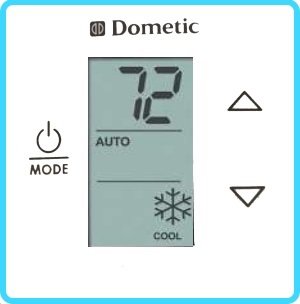
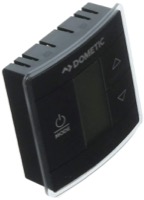
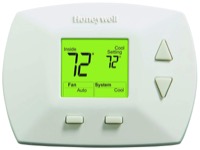
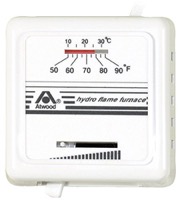
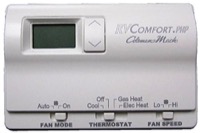
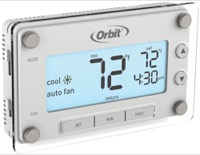
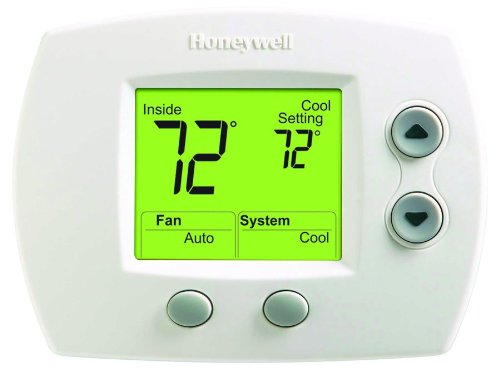
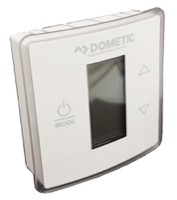
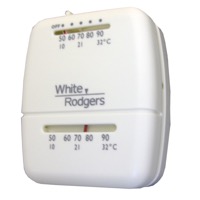
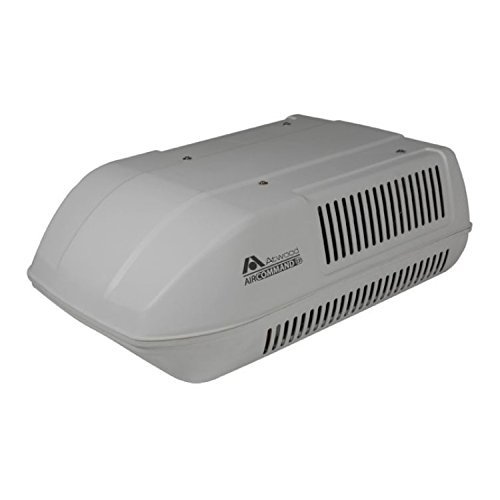

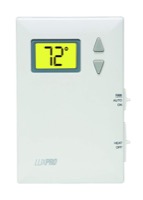
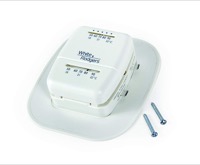

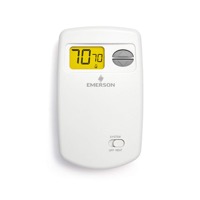
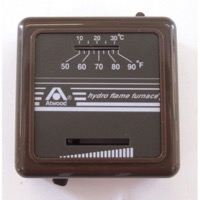
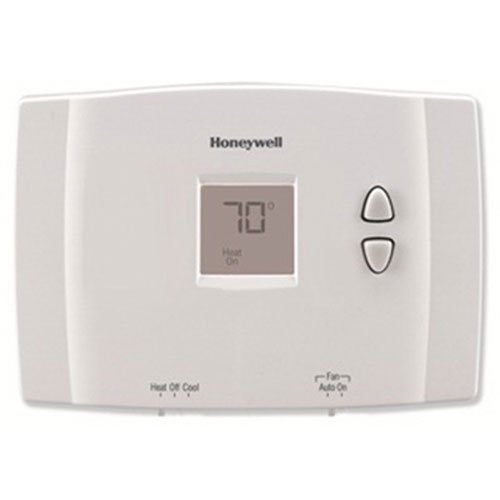
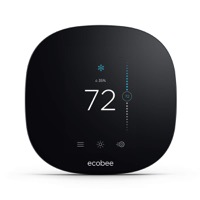
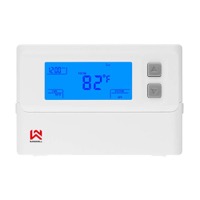
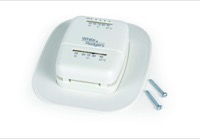
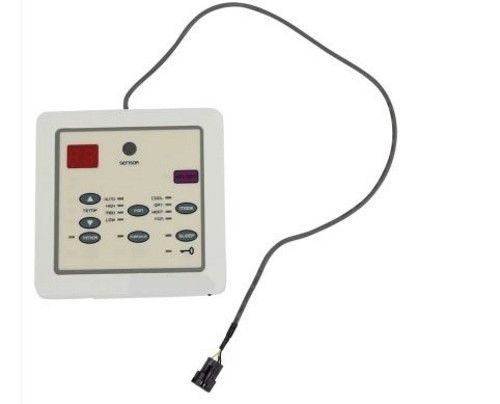
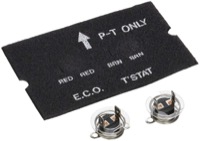
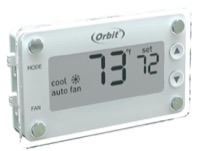
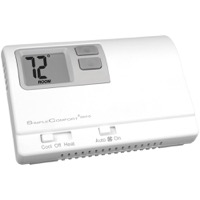
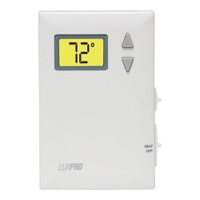
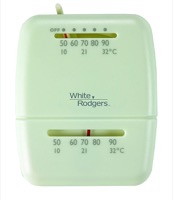
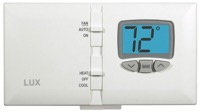
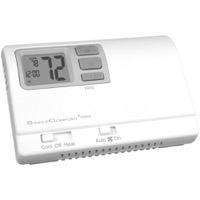
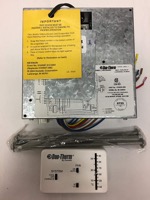
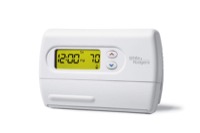
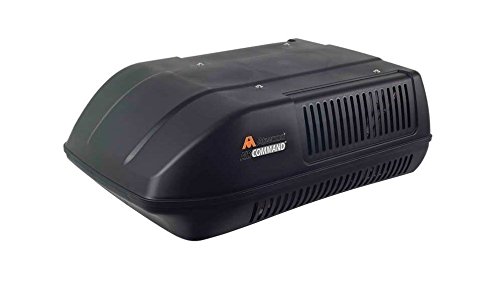
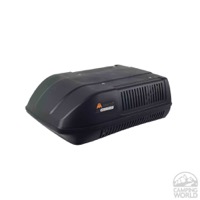
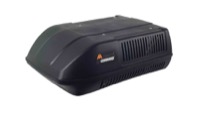
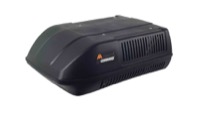
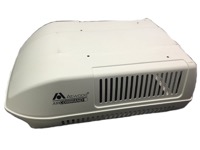
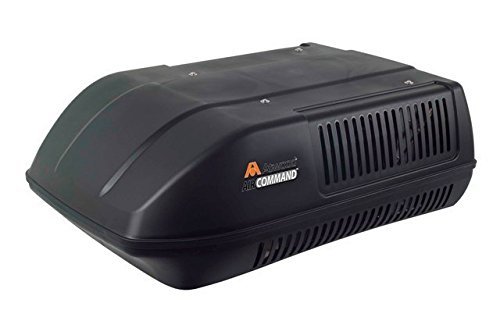
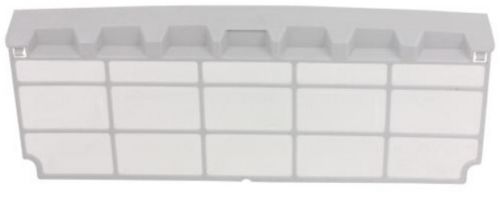
Kirsten says
Thanks for such a clear trouble shooting article. I am currently facing this issue with my ducted Dometic AC unit that came with my 28 foot 5th wheel. it is a 2004 model. I had an rv repair person come today. He showed me the iced area on the coils when we removed the inside ceiling filter. He put an amp meter on the unit. It read around 8. He said that that told him that the problem was that freon had leaked from the Unit rather than the compressor being bad. That did not make sense to me entirely. He said I would have to replace the unit and there was nothing for him to do unless I wanted to do that. That I might be able to get an ac repairman to inject freon by adding a saddle adapter to the closed system. He looked at my Dometic fridge too and said the ammonia had leaked and similarly there was nothing he could do. Then he charged me $75 , and left. Is it true that the amp meter reading of 8 on the AC controller would indicate that the problem is a leak in the Freon? Other than the water dripping from the ice, I could see no evidence of another liquid or oil dripping. If so, you might want to add that to the trouble shooting. Thanks in advance for any advice you can give.
Clover Rayner says
When you notice or suspect you have AC coil freeze up, turn off the AC by turning the thermostat to “Off.” If you leave it in AC mode, it won’t effectively cool your home, but ice will continue to build up on the coil.
HVAC EXCON says
A frozen RV AC can be caused by dirty filters, low refrigerant, poor airflow, or high humidity. Regular maintenance, proper ventilation, and checking refrigerant levels can help prevent freezing issues. Addressing these factors ensures efficient cooling and longer AC lifespan.
Marlan at Rv52 says
Thank you for an RV-related refrigerator comment. I love it when the comments are related to the subject. ANY COMMENT related to the subject and long enough to provide some information, will be approved… as long as the link goes to a valid web-site/content area that is consistent. Thx. Good luck.
House Progress says
Great tips! Keeping the RV AC clean and maintaining proper ventilation are key to preventing freezing. Installing a dehumidifier and checking for leaks or short circuits also sound like practical solutions. Thanks for sharing these helpful insights!